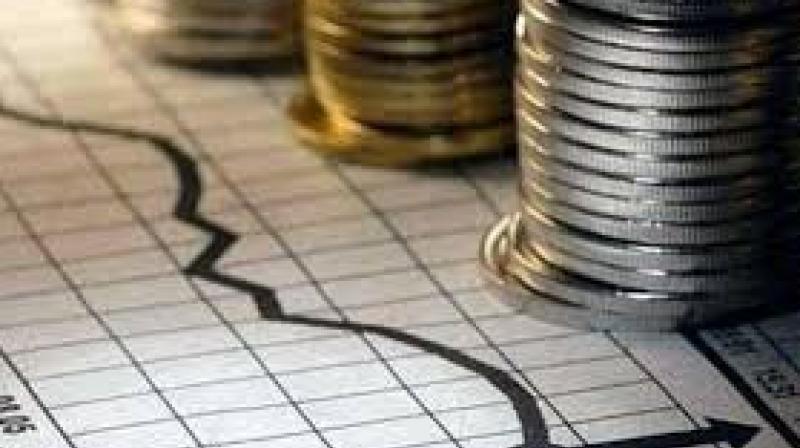High govt debt limits room for quick deficit reduction: Moody's
Ratings agency says India's debt-to-GDP ratio at 68.6 per cent is high compared to peers.

New Delhi: Days ahead of the budget, Moody's today said its positive outlook on India reflects expectations of continued policy reforms reducing government debt even as it feels that the high debt level limits room to cut fiscal deficit quickly.
Cautioning that India's debt-to-GDP ratio at 68.6 per cent is high compared to peers, it said the economy will return to the previous trend by mid-2017 after temporary effects of demonetisation fade away.
"Our positive outlook on India's Baa3 credit rating reflects our expectation that continued policy reforms will allow balanced growth to support a sustainable reduction in the government's debt burden, currently a key constraint on India's credit worthiness," Moody's Investors Service V-P Sovereign Risk Group William Foster told PTI.
He said persistent sizeable deficits imply that any reduction in India's debt burden will largely rely on robust nominal GDP growth, which, in turn, is linked to a sustainable recovery in private investment.
"India's general government debt-to-GDP ratio, at 68.6 per cent, is high relative to peers. Therefore, room to reduce the deficit quickly is limited as wages and salaries account for about 50 per cent of total expenditure with a large, once-in-10-years increase in central government compensation just implemented. As a result, fiscal policy decisions will need to be carefully calibrated, moving forward," Foster said.
The government aims to lower fiscal deficit to 3.5 per cent of GDP in the current fiscal, from 3.9 per cent last. The 2017-18 budget, which is due on February 1, will outline the fiscal deficit target.
Government capital expenditure that crowds in such private investment through infrastructure investment could support such growth, he said. Asked if demonetisation could derail the fiscal consolidation road map, Foster said in the medium term, it will strengthen India's institutional framework by reducing tax avoidance and corruption.
"Demonetisation should also result in efficiency gains through greater formalisation of economic and financial activity, which would help broaden the tax base, enhance tax revenues and expand usage of the financial system. We believe economic activity will stabilise and return to its previous trend by the middle of this year, after the temporary effect of demonetisation fades," he added.
Moody's in November had affirmed India's 'Baa3' ratings while maintaining a 'positive' outlook, saying it expects policymakers to continue reforms to achieve balanced growth and reduce the government's debt load. Baa3 rating implies lowest investment grade — just a notch above 'junk' status.
"The outlook reflects our expectation that continued policy reforms implementation will allow balanced growth to support a reduction in the government debt burden, currently a constraint on India's rating," it said.

